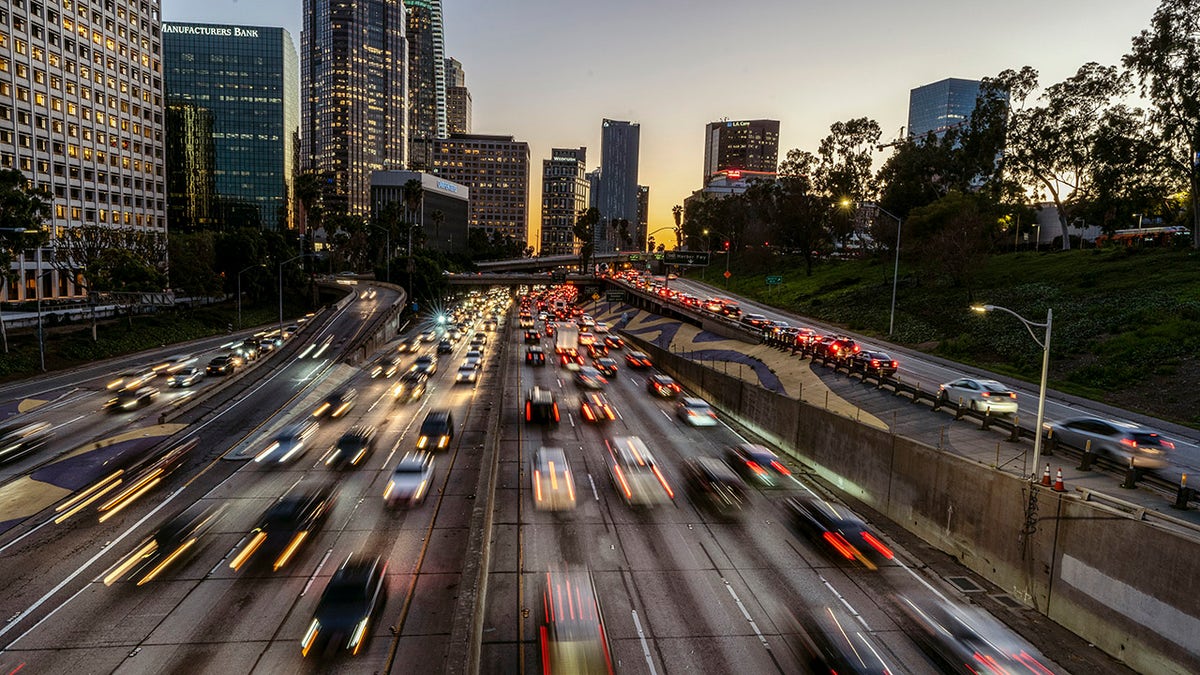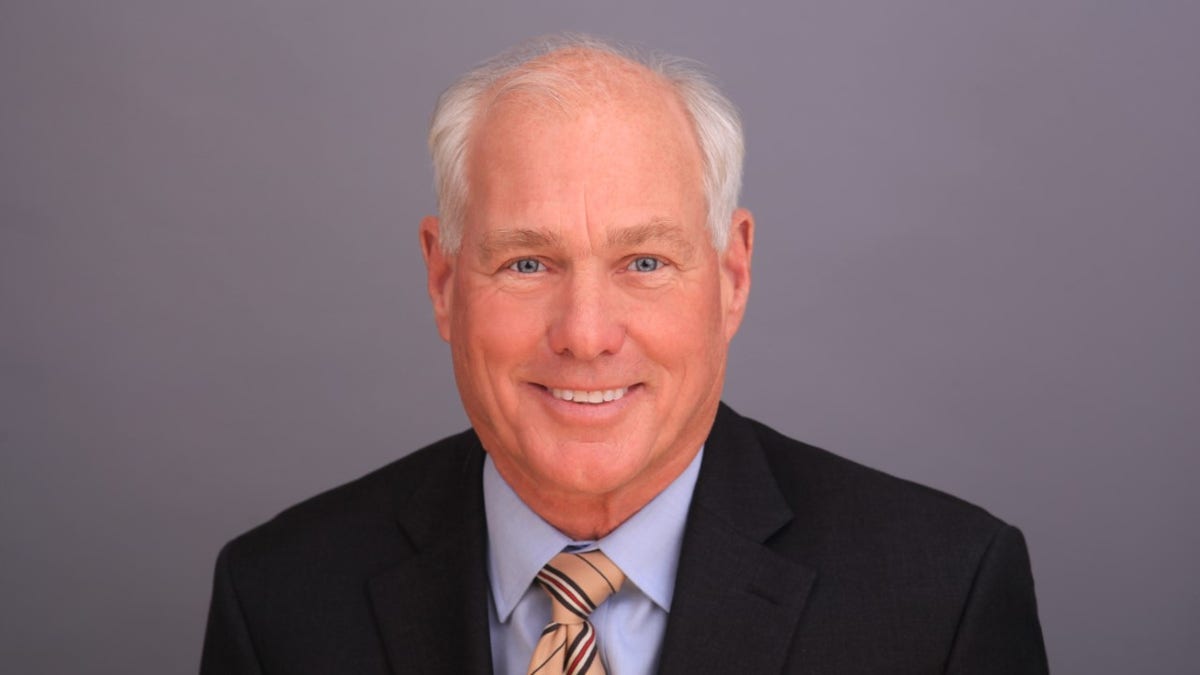Fox News Flash top headlines for November 4
Fox News Flash top headlines are here. Check out what's clicking on Foxnews.com.
The city of Los Angeles has begun accepting applications for its misguided Basic Income Guaranteed program. The program promises $1,000 per month to 3,000 poor families. The cash payments come with "no restrictions on how the money can be spent" and no requirements that participants be employed or seek employment.
The belief that this program will help the poor runs counter to centuries of experience with welfare. It ignores our common sense understanding of incentives, and is rejected by a rich body of academic work.
CALIFORNIA COUNTY HELPS FUND UNIVERSAL BASIC INCOME PROGRAM RESTRICTED TO WOMEN OF COLOR
The no-strings-attached promise is a sharp departure from centuries of welfare policy. Down through the ages, a hallmark of successful welfare policy has been that recipients must undertake efforts to improve their situation in life in return for aid. Charities, mutual aid societies, religious organizations, and, until recently, all levels of U.S. government have embraced this policy.
The policy recognizes that welfare assistance given without responsibility discourages personal initiative for achieving self-sufficiency through work and a better life through family formation.

FILE –Los Angeles, Calif.: A view of downtown Los Angeles skyline and traffic on the 110 Free-way. (Photo by Ronen Tivony/SOPA Images/LightRocket via Getty Images)
The L.A. program rejects this age-old wisdom in favor of a new belief that unconditional aid does not dampen the natural human desire for self-reliance and self-improvement. This defies common sense.
SAN FRANCISCO TO PAY 'ESSENTIAL' ARTISTS $1,000 PER MONTH
Individuals receiving no-strings-attached aid have fewer reasons to provide for themselves by being employed, looking for employment, or improving their skills. The degree to which these incentives impact behavior may vary from one person to another, but they operate on all persons, including those with a strong commitment to self-reliance.

John F. Cogan is the Leonard and Shirley Ely Senior Fellow at the Hoover Institution. (Hoover Institution)
To see the effects of free cash, one only must look at the large number of unfilled job openings and current shortages of basic goods in our local stores.
Since the beginning of the COVID-19 pandemic, both federal and California state governments have flooded the economy with trillions of dollars in unrestricted aid. This is one key reason why millions of abled-bodied Americans are choosing to forego work. Nationwide there are 3.1 million fewer workers in the labor force than there were in September 2019. With fewer workers producing and distributing goods and services, shortages or higher prices are inevitable.
Academic research provides more evidence of the dangers of no-strings-attached aid. In the 1960s and 1970s, government-sponsored social experiments tested for the consequences of basic guaranteed income programs on work effort. The results of the experiments, particularly the Seattle-Denver Experiment, were devastating.
Despite the fact that participants knew that the experiment was temporary, work effort among participants declined significantly.
Largely because of these findings, Congress rejected President Jimmy Carter’s proposed national income guarantee program.

FILE - In this Monday, Aug. 23, 1976 file photo, Democratic presidential candidate Jimmy Carter gives an informal press conference in Los Angeles during a campaign tour through the West and Midwest. (AP Photo)
More recent academic research on the effects of assistance programs has bolstered these findings. This research has shown that even temporary exits from the workforce have long-term adverse effects on future earnings and employment prospects. So, for the 3,000 families enrolled in the L.A. program, the long-term effects of the short-term cash payments could be very harmful.

Daniel L. Heil is Policy Fellow at the Hoover Institution. (Hoover Institution)
Economics aside, the program’s supporters wrongly presume that it doesn’t matter whether individuals achieve a level of material well-being through their own efforts, or from government handouts.
This belief ignores a crucial facet of living a fulfilled life: efforts and sacrifices to achieve a personal goal are essential to a person’s sense of self-worth.
Striving to reach a personal goal, more than achieving a level of material well-being, provides life’s true rewards.
CLICK HERE TO GET THE OPINION NEWSLETTER
The L.A. program’s failure to understand this key aspect of human nature is perhaps its most significant shortcoming.
The program’s supporters may say that it is only a pilot program, but this ignores the tendency of small pilot programs to grow into large entitlements. One example is the federal Supplemental Nutrition Assistance Program (SNAP). Formerly known as Food Stamps, this program began in 1962 as a pilot program. It has since become a permanent entitlement that now provides monthly assistance to 40 million people.
Everyone should care about the plight of the poor. But a no-strings-attached government handout is not the way to help them.
CLICK HERE TO GET THE FOX NEWS APP
More than a century ago, the social reformer H.L. Wayland wrote that to truly help the poor society needs to understand that "It is not bread they (the poor) want, it is soul; it is not soup (they need), it is spirit."
L.A. city officials would be wise to follow Mr. Wayland’s advice instead of trying to solve the poverty problem by simply throwing more money at it.










































